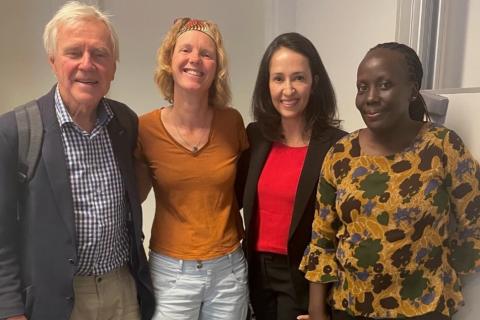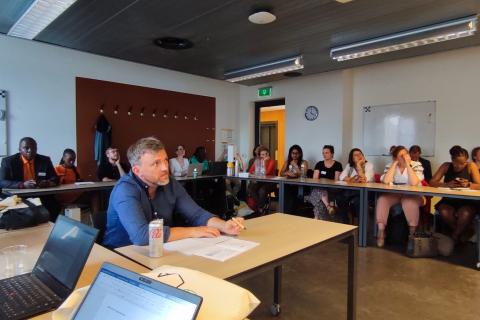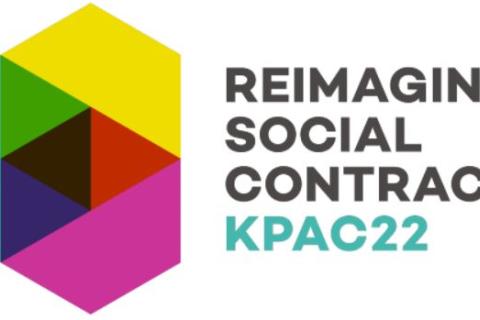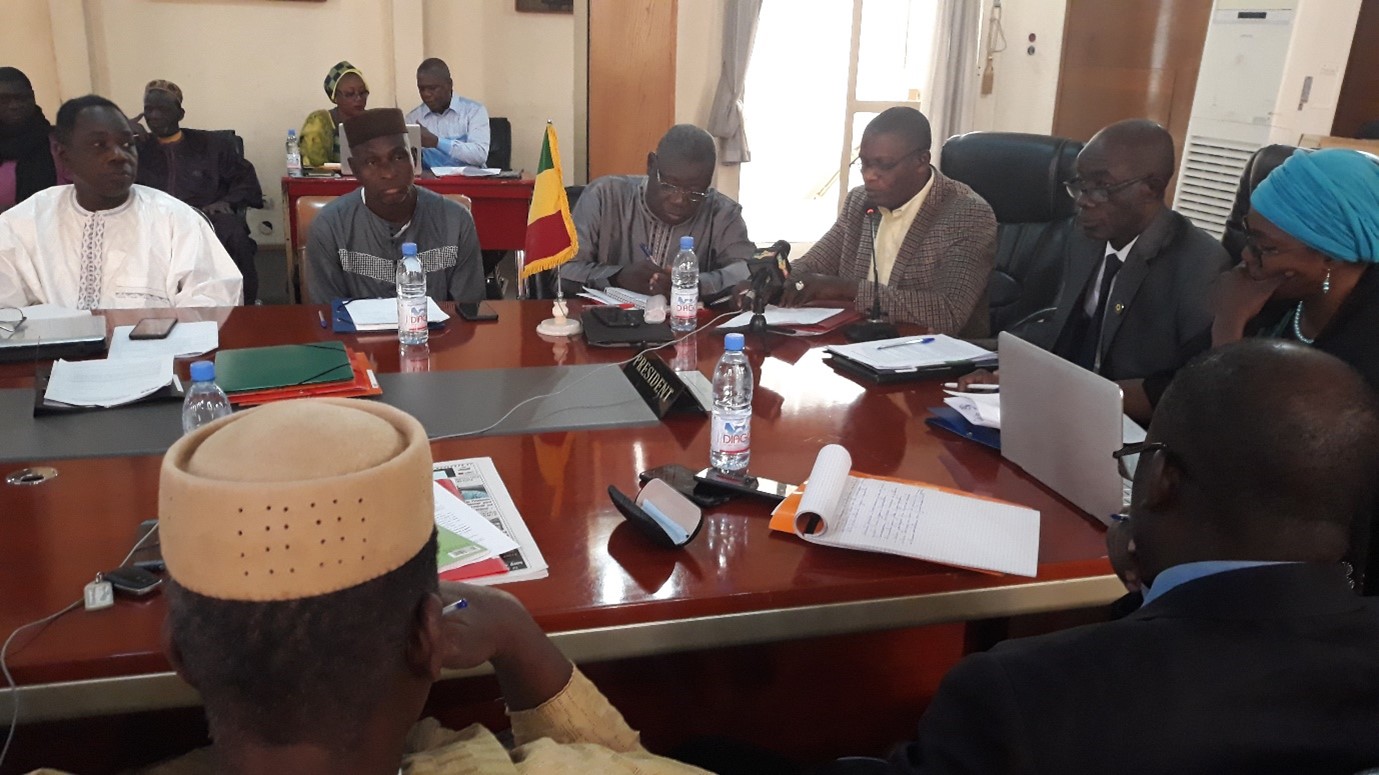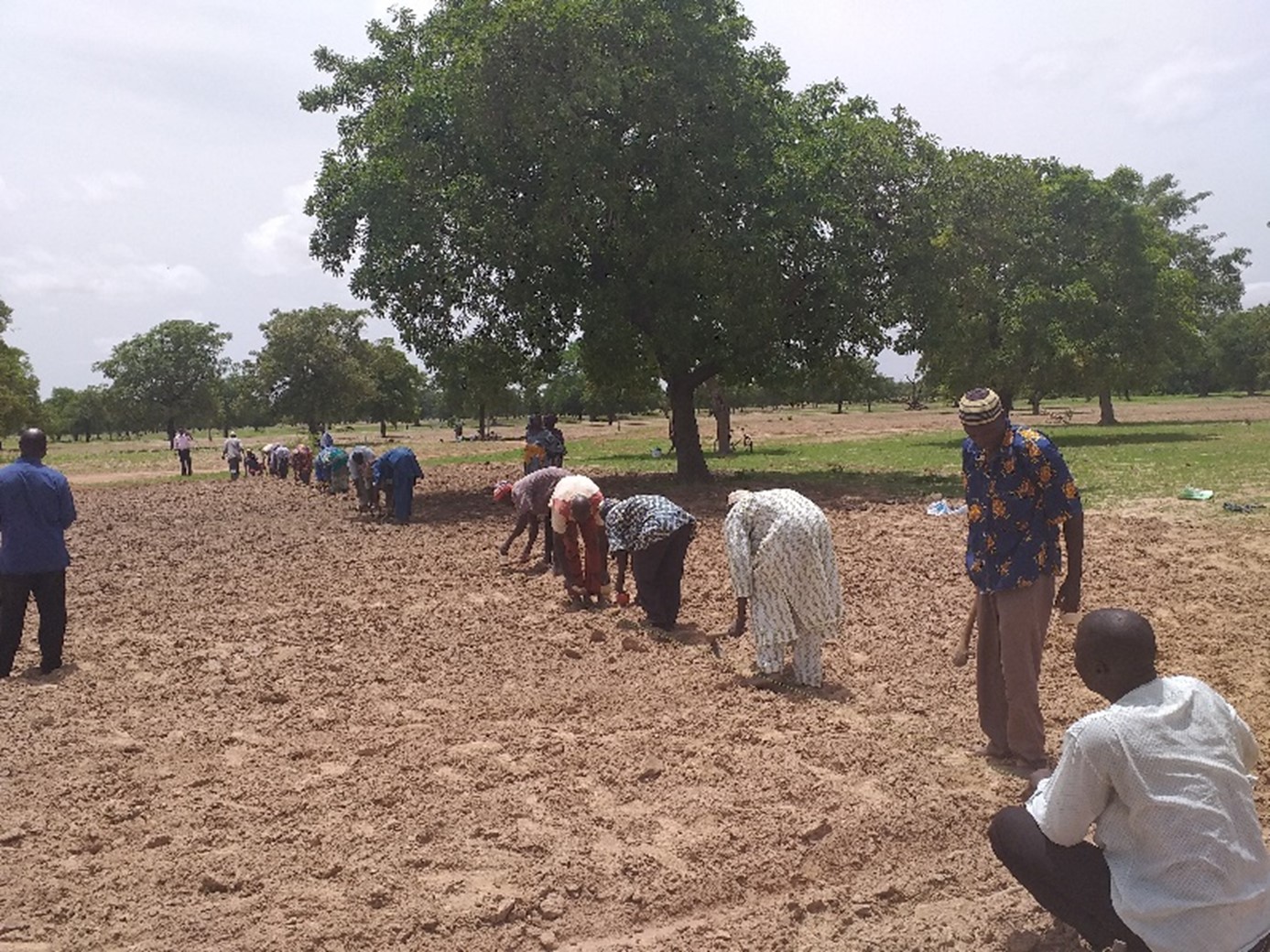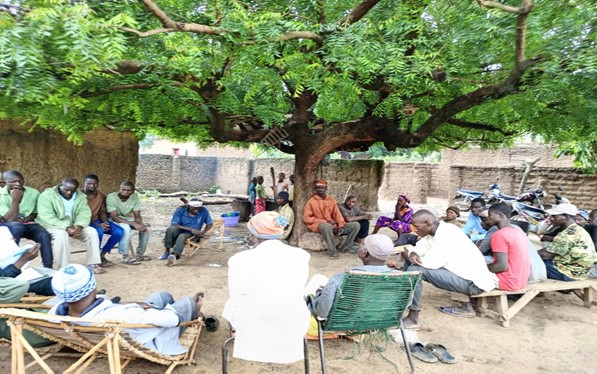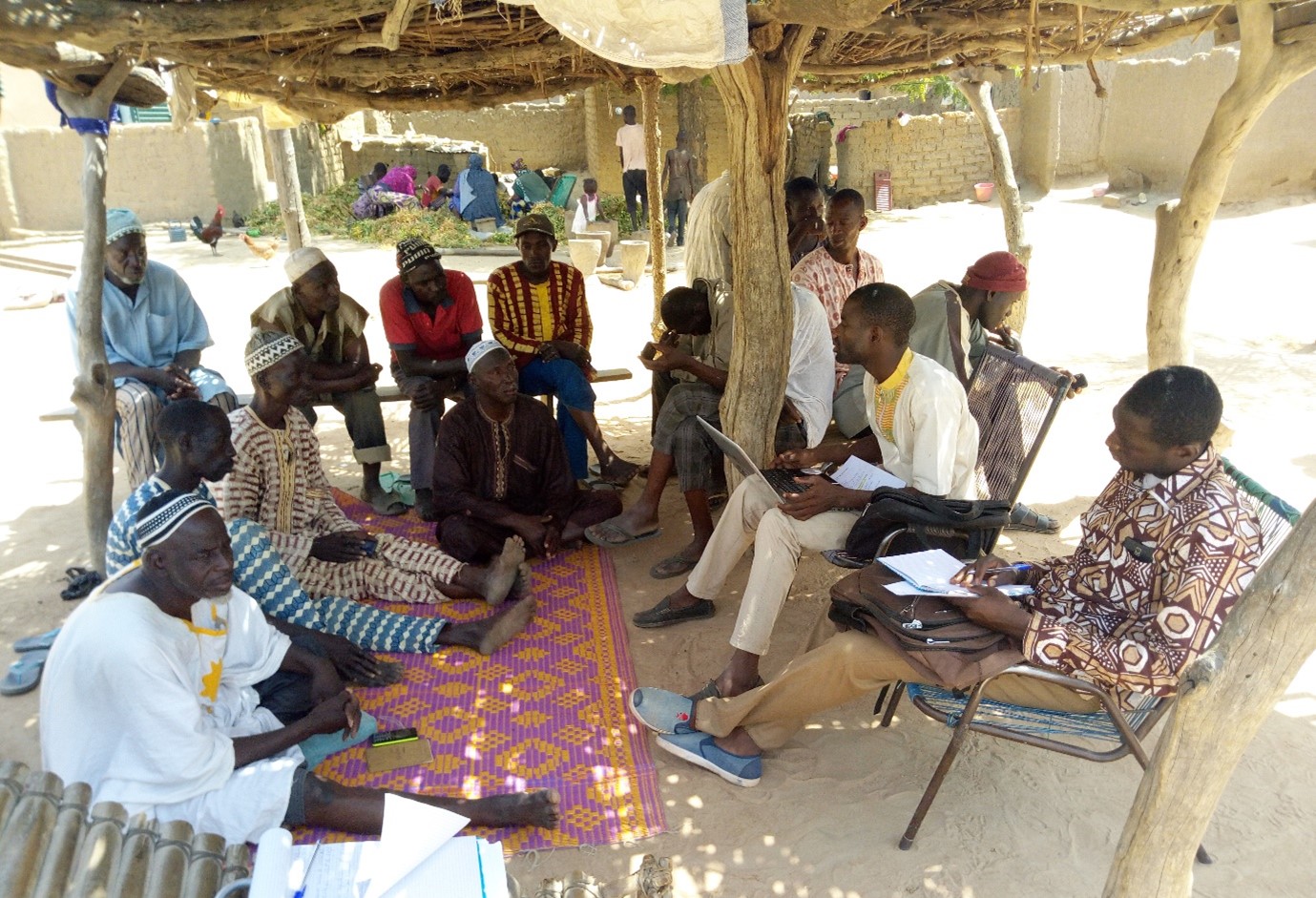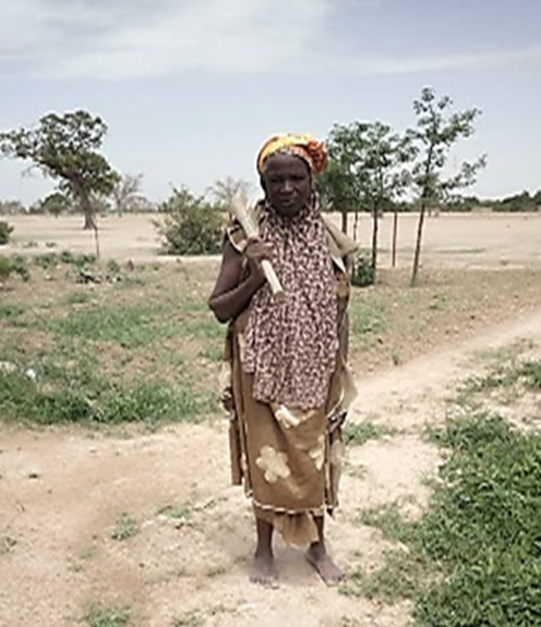
Topics and Regions
Wytske Chamberlain is the programme manager of the LAND-at-scale knowledge management component. In this role she builds on her experience in the field of land governance. She is an expert in the complexity of inclusive business models, in particular in the agricultural sector. She has done extensive research into the compound structures that enable the integration of smallholder farmers and poor rural communities into commercial value chains. Further interests lie in the field of large-scale land acquisition, on which she has worked through the Land Matrix. Wytske holds a PhD in Rural Development from the University of Pretoria, an MA degree in Human Geography from the University of the Witwatersrand and an MA degree in International Economics and Economic Geography from Utrecht University.
Details
Location
Contributions
Displaying 1 - 10 of 11Land governance to strengthen climate resilience for women
This session brought together insights on land governance and climate resilience, with a specific gender focus. Women suffer from lack of access to, decision making over, and use of land. At the same time, climate change disproportionally affects women. Research indicates that ‘gender just land governance’ forms the key to use land in a sustainable, climate-proof way. There are many entry points to make land governance just and inclusive of women.
Does strengthening land governance align with fair climate transitions?
Communities in developing countries are increasingly exposed to the effects of climate change. Although they contribute little to greenhouse gas emissions, many communities are at the forefront of climate change and the associated extreme events. They are faced with events that undermine their food security, such as droughts and floods, but also increased pressure on land due to climate-induced migration. In this session, we delved into the nexus of climate change and land governance.
Land registration and the local social contract
During the Annual Conference hosted by the Knowledge Platform Security and Rule of Law (KPSRL), the LAND-at-scale knowledge management organised a session exploring how land registration might impact relations between local governments and the populations they are expected to serve. Land registration interventions today often follow a path of decentralisation in which local land offices are tasked with additional responsibilities, or new entities are being created. These local offices give local authorities an important role in land mapping, registration, administration and adjudication.
Financement des commissions foncières
Les autorités maliennes ont mis en place des commissions foncières (CoFo) en vue de prévenir et de résoudre les conflits fonciers. Ces commissions sont confrontées à des problèmes de fonctionnement liés au manque de ressources financières. De fait, de nombreuses CoFo ne sont pas opérationnelles ; seules quelques-unes fonctionnent en mode projet grâce au soutien financier des partenaires techniques et financiers au développement.
Gestion locale du foncier agricole au Mali
La responsabilisation des communautés locales dans la gestion du foncier agricole, gage de paix et de cohésion sociale, est nécessaire. On observe une plus grande implication des acteurs locaux dans la gestion durable des conflits fonciers et la protection des droits coutumiers à la suite de la judiciarisation récurrente des litiges fonciers agricoles. On voit maintenant une valorisation des us et coutumes dans le processus de gestion locale durable du foncier.
Conventions locales et sécurisation foncière au Mali
Au Mali, la gouvernance des terres et des ressources naturelles, longtemps fondée sur le principe de la domanialité publique, n’a pas réussi à mieux sécuriser les droits des communautés locales ni à empêcher la dégradation desdites ressources. Dans le même temps, les systèmes fonciers traditionnels n’ont pas pu exprimer tout leur potentiel face à l’hégémonie du droit étatique et du fait des pratiques inégalitaires qu’ils soutiennent à l’égard de certains groupes, comme les femmes, les allochtones et les jeunes.
Les cadres multi acteurs de gouvernance foncière au Mali
Le dialogue multi acteurs constitue le principal enjeu pour l’amélioration de la gouvernance foncière de façon générale. Au Mali, les espaces de dialogue multi acteurs ont soutenu les réformes des régimes fonciers en garantissant l’inclusion et la participation d’une grande diversité d’acteurs.
Prévention et gestion des conflits fonciers au Mali
La gestion des ressources naturelles, et particulièrement du foncier, reste marquée par un grand nombre de conflits. Comme causes, on peut citer la multiplicité des acteurs dans la gestion du foncier et la non-maîtrise des textes. On déplore aussi l’accaparement des terres sans oublier les difficultés relatives à l’application des textes intégrant une dualité entre le droit coutumier et le droit positif. À toutes ces difficultés s’ajoute le problème d’obtention des documents administratifs (titres fonciers, actes de transactions foncières).
Femme et foncier agricole au Mali
Au Mali, les femmes sont confrontées à un problème d’accès sécurisé à la terre. Pour le résoudre, il faut d’abord utiliser cet accès des femmes à la terre comme un indicateur de bonne gouvernance locale et un gage de l’atteinte des Objectifs de développement durable. En plus, il faut plaidoyer auprès des légitimités traditionnelles pour faciliter cet accès aux terres agricoles. Il faut aussi réduire les inégalités entre hommes et femmes, abaisser l’indice de pauvreté et assurer l’effectivité de la mise en œuvre des dispositions législatives et réglementaires et la consolidation des acquis.
Scaling – Definition, strategies and challenges to inform a learning agenda
Scaling is at the heart of both the name as well as the strategy of LAND-at-scale (LAS). Scaling and scaling potential are key in the way the program was designed and is reflected in the three pillars chosen to realize the aim of the program. The first pillar is about scaling successful initiatives and projects; the second pillar focuses on land governance innovations with scaling potential; and the third pillar covers knowledge management, with a focus on gaining a deeper understanding on the conditions required to make scaling successful.

